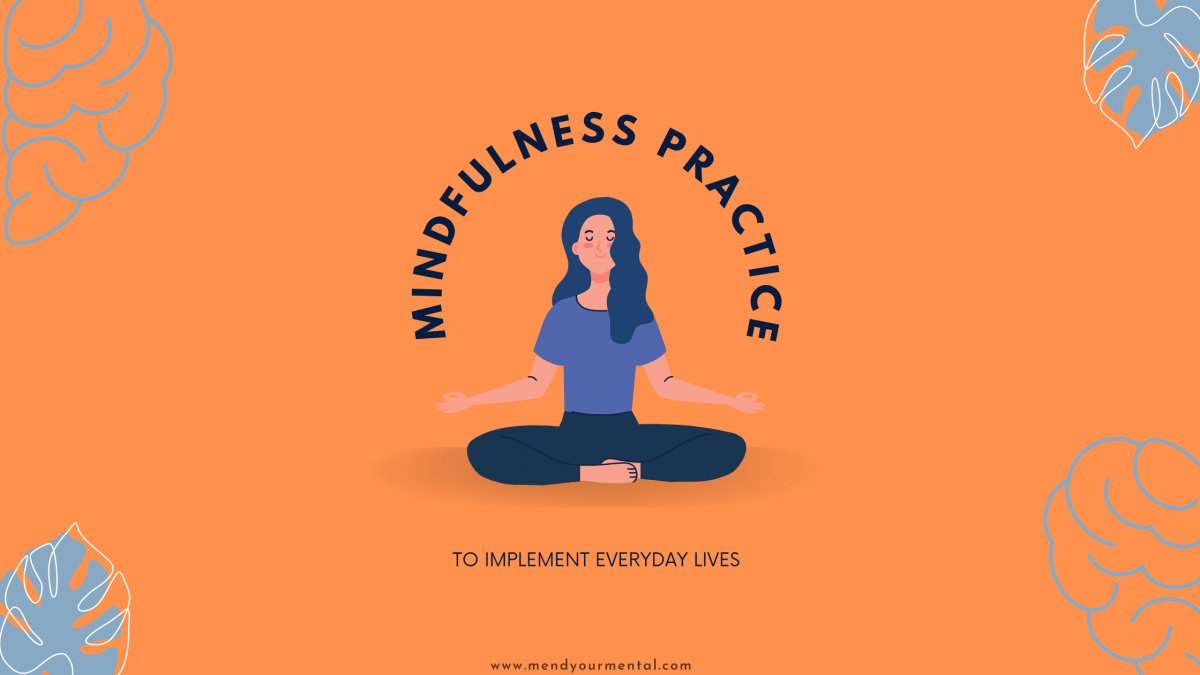Learn how to use mindfulness to maintain your mental health during this time when everything we do seems to be uncertain.
As we learn to adapt to the new normal of staying indoors these days, some of us are finding it hard to focus on what is going right in the world rather than what is wrong. Often we find ourselves spending hours scrolling through social media feeds to keep up with the latest news or to feel more connected to friends and family. Having no idea what the future holds makes it easy to fall into negative feedback loops, which ultimately breed stress in the body. Stress is the last thing that we need right now if we want to boost our immune systems and stay mentally healthy.
Mindfulness: What Is It?
Mindfulness is the ability to stay in the present moment and to focus your thoughts on what is happening in the here and now. It is the ability to not think about the past or the future, but rather to focus on what is happening at the moment.
Why Should We Practice It?
There are many proven benefits of mindfulness, including reducing anxiety, depression, and chronic pain, as well as improving sleep and reducing stress. We can also achieve our goals by focusing on mindfulness, such as losing weight or starting a new project. Moreover, mindfulness can help us manage people or deal with external challenges more effectively from a leadership perspective. The practice of mindfulness is an important one for us to cultivate in order to lead a happy and meaningful life.
Practicing mindfulness in our daily lives
Even though there is nothing better than good mindfulness meditation, it can be difficult to fit in just a 20-30 minute meditation into our hectic schedules. Our attention can instead be focused on building micro-practices throughout the day.
Practice these mindfulness activities as you go about your day:
1. Develop a gratitude habit
In order to practice gratitude, we must focus on what we have to be grateful for at the moment. Bringing the good stuff to the forefront of our minds helps us to more easily return to the present moment rather than fretting over the future or revisiting the past. We become more available to create a positive future when we focus on the positive.
2. Listen to your body
Your body works without your participation - you breathe automatically, your heart beats continuously, and your bodily functions continue regardless of what you do. Our bodies are constantly sending us messages through sensations. What do you notice when you check in with your body?
Where do you hold tension? Are you experiencing aches and pains? Does your body feel heavy or light? Paying attention to your body can help you reconnect with the present and get the information you need to take better care of it.
3. Take care of your heart
Emotions are another way our bodies communicate with us at any given time. You may experience a variety of emotions throughout the day, from sadness to joy. When you check in with your heart where your emotions come from, you become more coherent with yourself.
4. Engage your five senses
Bringing your attention to the present moment is one of the easiest ways to stay mindful. Take a moment to observe what is happening around you. What sounds do you hear? What scents are you smelling? And what are others in the room doing? Observe what you're doing through your five senses for a few moments wherever you are to practice bringing your mind to the present moment.
5. Pay attention to your breathing
Bringing our attention to the moment can also be accomplished by focusing on our breath. The breath occurs whether we are aware of it or not, but we can help our minds focus by bringing our attention to our breathing. Pay attention to how you breathe. Are you breathing shallowly or deeply? Focus your attention on your inhale and exhale as you take five deep belly breaths. Practice it several times throughout the day.
6. Eating mindfully
When we eat, we can also focus on the present moment. Most of the time, we aren't paying attention to the food we eat because we are eating at our desks, watching YouTube videos, or reading while we eat. Research has shown that when we eat with more mindfulness, we digest our food better, resulting in a higher intake of vitamins and minerals, as well as better overall digestion.
The next time you sit down to eat, put down your phone, chew your food mindfully, and notice how you eat. Do you consume food quickly or slowly? Do you chew or inhale your food? How does your food taste? You may even be inspired to take an online cooking class!
7. Listen actively to others.
Most of the time, when others speak, we are in our heads trying to figure out what to say. We tune out before the person is even finished speaking. Try active listening the next time you're having a conversation and focus your full attention on the other person. Use your ears, heart, and intuition to listen. Observe how the quality of your conversations changes as you practice mindfulness listening.
8. Focus on your surroundings.
Pay attention to what you see when you are outside. Observe traffic. Look at the people walking by. Take in the scenery. Feel the wind in your hair and the sun on your face. If you're homebound, you can practice this when you're on your patio or in your yard.
Exercises like these allow you to access the world of mindfulness without having to read books or sit through long meditations. The above are wonderful mindfulness activities, but we need to practice mindfulness every day so we can train our minds and stay positive, feel happier, and control what we attract by staying present.
Practicing mindfulness requires effort and dedication. It is difficult at first and you may find that your mind wanders frequently. If you practice and remain patient, you will get better. Eventually, you'll realize that you are living a more mindful life and you will be able to enjoy benefits, such as decreased stress, better mental health, and better relationships.
The Chill Pill will make you relax and de-stress as well as give you a sense of tranquility. You can use this handheld device to melt away your tension and to practice mindfulness while you travel. Try it today!

